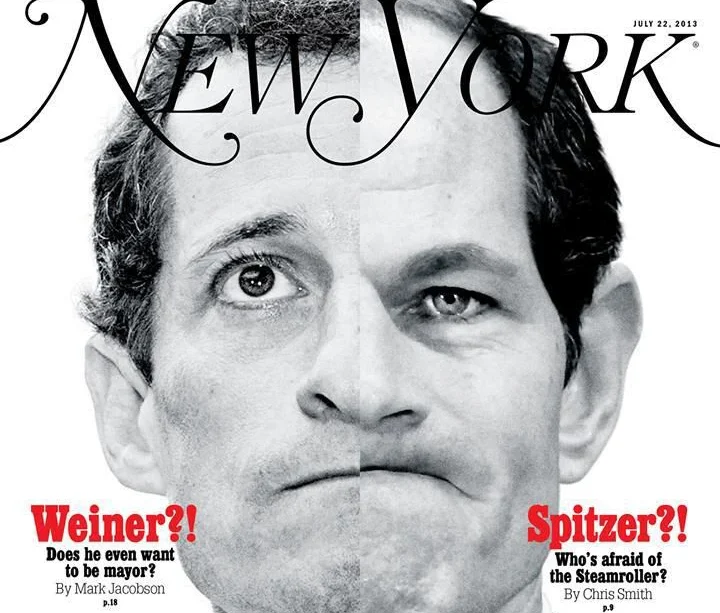The Rise and Fall of Anthony Weiner: A Political Cautionary Tale

Introduction
The story of Anthony Weiner, a former U.S. congressman from New York, serves as a stark reminder of how personal actions can overshadow a political career. Weiner’s fall from grace not only impacted his life but also resonated throughout the political landscape, prompting discussions on ethics, accountability, and social media’s role in politics.
Early Career and Political Ascent
Anthony Weiner was first elected to Congress in 1998, representing New York’s 9th congressional district. He quickly gained a reputation as a fiery advocate for progressive causes, tackling issues such as healthcare reform and consumer protections. His charisma and eloquence made him a rising star in the Democratic Party.
The Scandal Unfolds
In June 2011, Weiner became embroiled in a scandal when it was revealed that he had sent explicit messages and photos to several women via social media. Initially, he denied allegations but later admitted to the inappropriate behavior and resigned from Congress. The incident marked a pivotal moment in Weiner’s life, raising significant concerns about the influence of technology and social media on public figures.
Aftermath and Public Perception
Following his resignation, Weiner attempted to rebuild his life, entering therapy and later attempting a political comeback in the 2013 New York City mayoral race. However, the campaign was once again derailed when new allegations emerged involving online exchanges with a teenage girl. This led to further scrutiny of his character and judgment, and ultimately, he finished a distant fifth in the primary.
Implications for Political Accountability
The Anthony Weiner saga has prompted widespread discussion around issues of accountability for public figures. It raises critical questions about how personal behavior impacts professional conduct in politics. As digital communication continues to expand, politicians are increasingly vulnerable to scrutiny in ways they have never faced before.
Conclusion
Anthony Weiner’s story serves as a cautionary tale for politicians and public figures alike. It emphasizes the importance of ethical behavior and the potential consequences of actions taken in the online arena. In an age where personal and public lives are interwoven through technology, maintaining a clear line of accountability is more critical than ever. The legacy of Weiner’s downfall may well influence future generations of politicians as they navigate the complexities of modern governance and social media.




